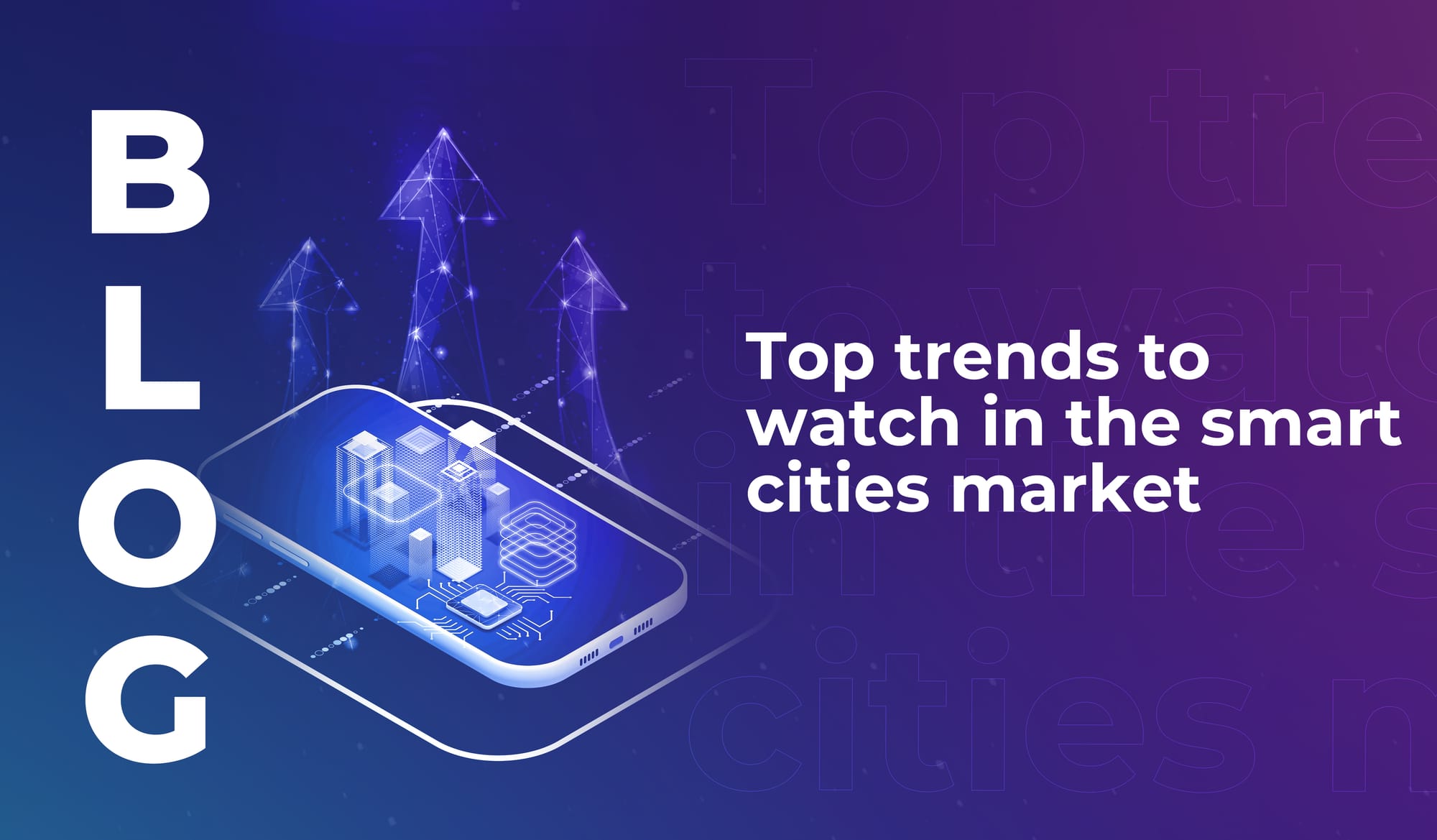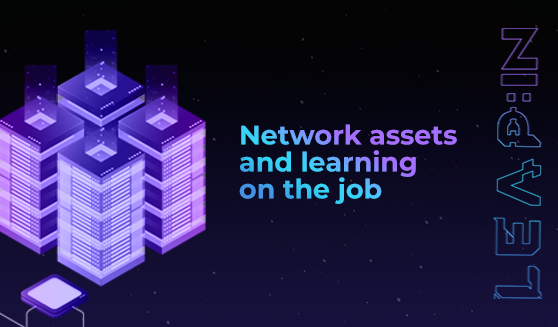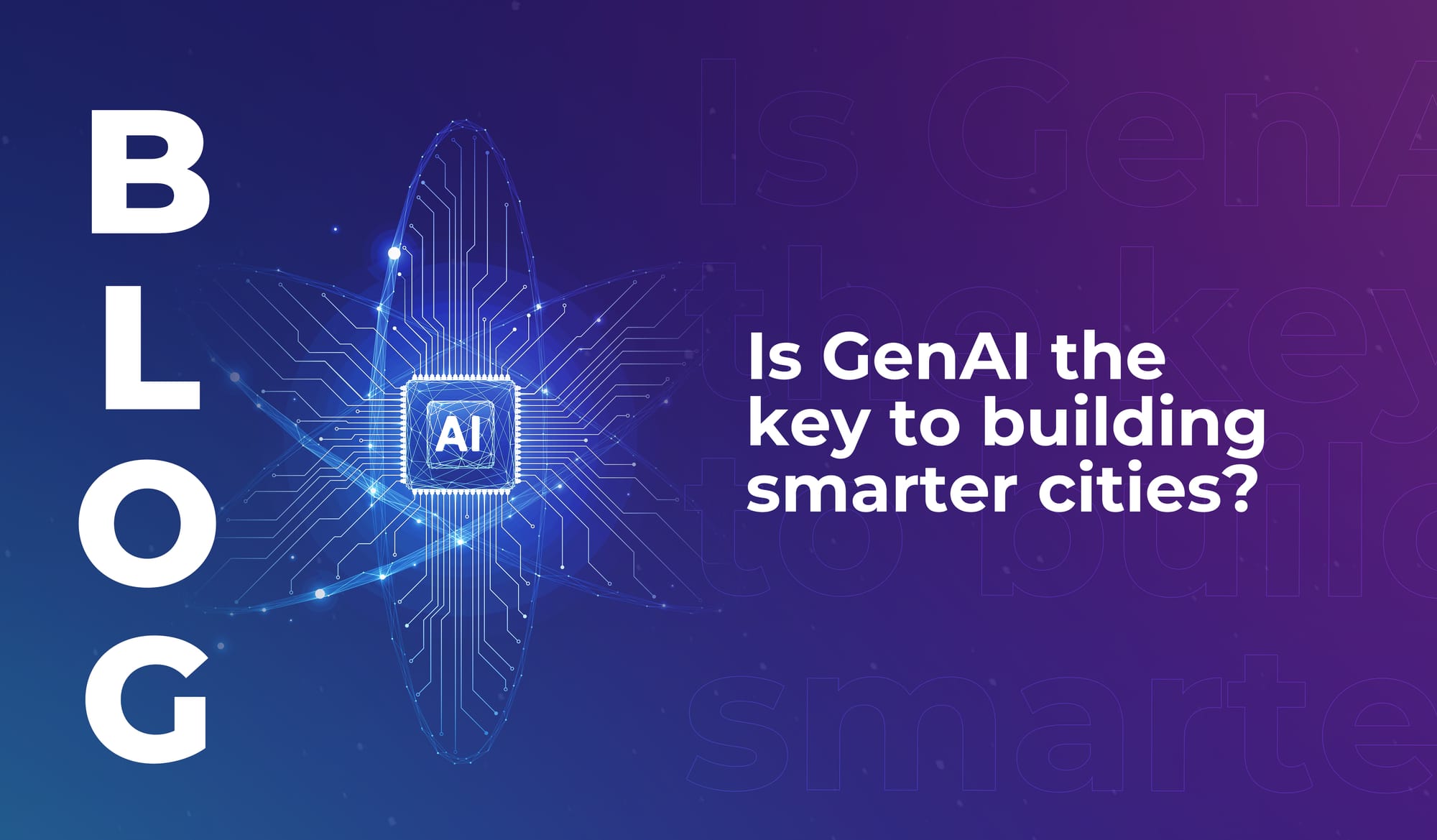
Top trends to watch in the smart cities market
Explore key smart city market trends for 2025–2030, from EV infrastructure to AI-powered waste systems – backed by the latest industry report.


It happened. #LEAP23 was huge – and while we all take a minute to absorb some of the world-changing tech we experienced in Riyadh, here’s more from our keynote speakers.
What Odaro said:
“On the one extreme is ‘exclusive’ assets – which gain most of their value by being scarce and by being hoarded (such as luxury watches and lots of everyday assets). On the other extreme are ‘network’ assets – which gain their value in the opposite way: by being shared (such as big events and social media).”
We asked Odaro what he thinks is missing in the way we collect and analyse data right now – and what could be better.
And the point he made is huge: because when we focus only on exclusive assets that are valuable because they’re scarce, we miss out on the immense (and truly world-changing) value of network assets that elevate, and are simultaneously elevated by, a large collective of people.
If a network asset is loosely defined as something that’s part of an interconnected expanse of different assets that all rely on each other to function and grow, then the tech industry is effectively an entire galaxy of network assets. We’re all learning all the time, all developing new ideas and new technological capacities all the time – and we all need each other.
So what could happen if, instead of guarding our data closely and shielding our exclusive assets from outside eyes, everyone involved in tech put their energy and investments into developing an indestructible and agile network of collaboration?
Naturally, this got us thinking about LEAP itself: as we’ve just seen in Riyadh, our work’s value is in the way it brings people together and creates a culture of collaboration, knowledge-sharing, and forward-thinking.
LEAP isn’t just about…well, LEAP. We’re entering a much bigger conversation and offering space that can serve as a network asset to tech developers, investors and activists around the world.
And we can’t wait to do it all over again. Will you be at LEAP 2024?
Read our interview with Edosa Odaro: On data awareness and data diversity
What Samovich said:
“Another advice I was given is not to be stalled by specialised knowledge acquisition imperative, but to always seek information sources, focus on continuous learning and expand my interdisciplinary knowledge horizons.”
This advice is really important – because people with great ideas and the passion to make the world a better place shouldn’t be held back by the simple fact that they don’t know everything.
Cognitive science research shows that the process of retrieving information for a specific purpose actually improves understanding and recall, and facilitates the transfer of knowledge from one setting to another. When you learn by doing you’re cognitively active and engaged – so you learn more effectively.
Psychologist Rich Mayer suggests that learning is itself a kind of ‘mental doing’. He calls learning a ‘generative activity’ – so in order to learn effectively you have to build mental connections between the knowledge you’re trying to learn, and how you’re going to apply it to the real world.
In other words, learning on the job is a powerful way to increase your knowledge and develop relevant, effective skills. Don’t be afraid to dive in and do it.
On the flipside, people who are already doing the work in the industry shouldn’t rest on their laurels; it’s imperative that everyone keeps on learning (even the top CEOs and CTOs in the world).
As Carl Rogers (Psychologist, and a founder of the humanistic approach in psychology) wrote in his 1969 book Freedom to Learn,
“The only person who is educated is the one who has learned how to learn and change.”
We learnt a lot at LEAP 2023.
If you were there, we’d love to know one thing you discovered at LEAP that changed your perspective or inspired new ideas – hit us up in our Instagram comments and share your experience.
Read our interview with Natalie Samovich: Understanding green hydrogen

Explore key smart city market trends for 2025–2030, from EV infrastructure to AI-powered waste systems – backed by the latest industry report.

Learn how generative AI is unlocking the true potential of digital twins – to make smart cities more efficient, inclusive, and citizen-focused.

The smart cities of the future will use tech to lower emissions, cut urban temperatures, and improve quality of life in highly populated areas.

Explore key smart city market trends for 2025–2030, from EV infrastructure to AI-powered waste systems – backed by the latest industry report.

Learn how generative AI is unlocking the true potential of digital twins – to make smart cities more efficient, inclusive, and citizen-focused.

The smart cities of the future will use tech to lower emissions, cut urban temperatures, and improve quality of life in highly populated areas.